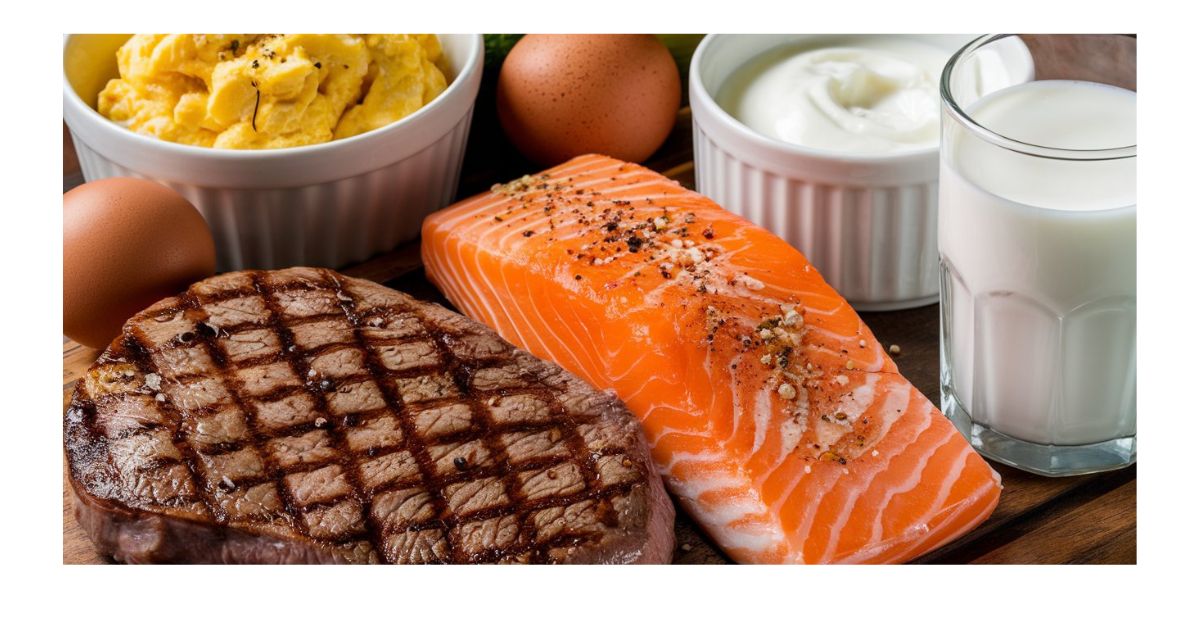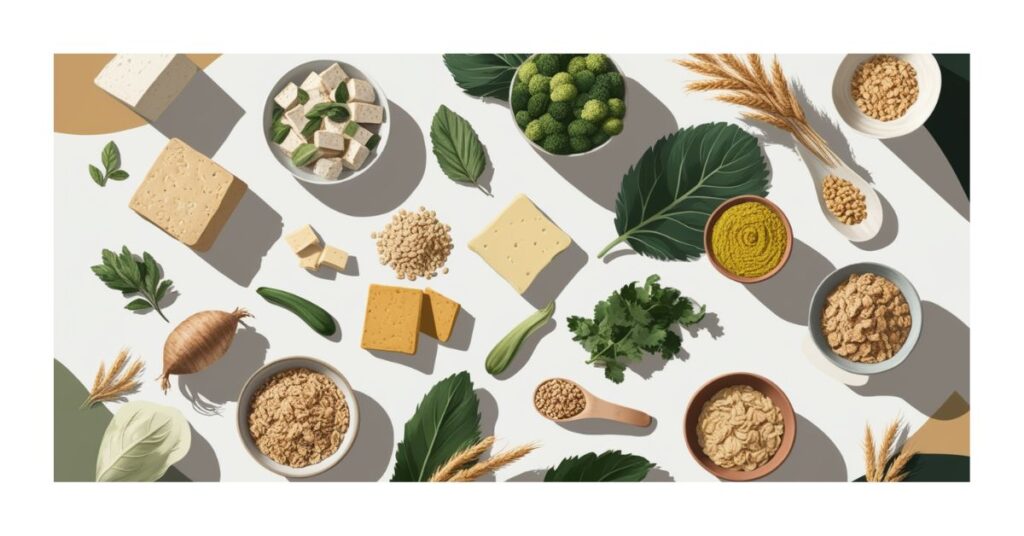
Natural Sources of Vitamin B12: A Comprehensive Guide
Vitamin B12, also known as cobalamin, is an essential nutrient that plays a vital role in many bodily functions, including DNA synthesis, nerve function, and red blood cell formation. While many people obtain B12 from supplements or fortified foods, understanding the natural sources of Vitamin B12 can help you get this crucial nutrient in the most bioavailable form. In this article, we explore the best natural sources of Vitamin B12, their benefits, and why you need to include them in your diet. Learn more about foods…
Why is Vitamin B12 Important?
Vitamin B12 is crucial for maintaining healthy nerve cells and producing DNA, the genetic material in all cells. A deficiency in this vitamin can lead to various health problems, including anemia, fatigue, and neurological issues. The body does not produce Vitamin B12 naturally, so it’s essential to consume it through food or supplements.
1. Animal-Based Sources of Vitamin B12
Animal-based foods are some of the richest sources of Vitamin B12. These foods provide a highly bioavailable form of the vitamin, meaning the body can absorb and use it efficiently.
a. Liver and Organ Meats
The liver, particularly beef liver, is among the highest natural sources of Vitamin B12. Just 100 grams of beef liver can provide over 1,500% of the daily recommended value for B12. Organ meats from other animals, such as kidneys, also contain substantial amounts of this nutrient.
b. Fish and Shellfish
Salmon, trout, tuna, and sardines are all excellent sources of Vitamin B12. For example, 100 grams of trout provides nearly 200% of the daily recommended intake. Additionally, shellfish like clams and mussels are some of the highest seafood sources, with clams offering an astounding 98.9 micrograms per 100 grams.
c. Eggs and Dairy
Eggs, especially the yolk, contain a moderate amount of Vitamin B12. While eggs don’t provide as much B12 as meat or fish, they are a good option for vegetarians who consume animal products. Dairy products such as milk, yogurt, and cheese also offer a decent supply of B12. A single cup of milk can provide about 1.2 micrograms of B12.

2. Plant-Based Sources of Vitamin B12
It’s important to note that natural, reliable plant-based sources of Vitamin B12 are rare. This can pose a challenge for vegans and vegetarians. However, some foods contain trace amounts, and there are fortified options available.

a. Fortified Foods
Many plant-based foods are fortified with Vitamin B12 to help individuals who do not consume animal products. Fortified cereals, plant-based milks (like soy milk and almond milk), and nutritional yeast are common fortified options. For example, a serving of fortified breakfast cereal can contain up to 6 micrograms of Vitamin B12.
b. Seaweed and Algae
Some types of seaweed and algae may contain B12, although the amounts can vary significantly. Nori and chlorella are examples of algae that may offer small amounts of bioactive B12, but they should not be relied upon as a primary source.
3. Vitamin B12 for Vegans: Supplementation is Key
Since natural plant-based sources of Vitamin B12 are limited, vegans are often advised to take a B12 supplement to meet their daily requirements. Vitamin B12 supplements are widely available in various forms, such as capsules, tablets, and injections. Supplements typically contain cyanocobalamin or methylcobalamin, which are synthetic forms of B12 that the body can easily absorb.
Who is at Risk for Vitamin B12 Deficiency?
Certain groups of people are more prone to Vitamin B12 deficiency, including:
- Vegans and Vegetarians: Since most B12 sources are animal-based, individuals following plant-based diets need to pay extra attention to their B12 intake.
- Older Adults: As people age, their ability to absorb Vitamin B12 decreases, making supplements or fortified foods essential.
- People with Gastrointestinal Disorders: Conditions such as Crohn’s disease or celiac disease can impair B12 absorption.
- Pregnant and Breastfeeding Women: Women who are pregnant or breastfeeding, especially if following a vegetarian or vegan diet, need to ensure they’re getting enough B12 to support both their health and the baby’s development.
Signs of Vitamin B12 Deficiency
A lack of sufficient Vitamin B12 can lead to various symptoms, which may worsen over time if left untreated. These symptoms include:
- Fatigue and Weakness
- Nerve Problems such as tingling and numbness in hands and feet
- Cognitive Issues like memory loss or difficulty concentrating
- Mood Changes such as depression or irritability
- Anemia, leading to pale skin and shortness of breath

If you experience any of these symptoms, it’s essential to consult a healthcare provider and have your B12 levels checked.
How Much Vitamin B12 Do You Need?
The recommended daily intake of Vitamin B12 varies depending on age, lifestyle, and specific health needs. On average:
- Adults: 2.4 micrograms per day
- Pregnant Women: 2.6 micrograms per day
- Breastfeeding Women: 2.8 micrograms per day
However, since Vitamin B12 is water-soluble and the body excretes any excess, consuming higher amounts through food sources is generally safe.
FAQs on Vitamin B12
1. Can you get enough Vitamin B12 from a vegan diet?
Obtaining sufficient Vitamin B12 from a strictly vegan diet without supplementation is difficult. Vegans are encouraged to consume fortified foods or take a Vitamin B12 supplement to avoid deficiency.
2. What happens if you have too much Vitamin B12?
Since Vitamin B12 is water-soluble, it’s unlikely to experience toxicity from excessive intake of food. However, very high doses of supplements might cause minor side effects, though they are rare.
3. Are there any natural non-animal sources of Vitamin B12?
There are no reliable natural non-animal sources of B12. Some seaweeds and fermented foods may contain small amounts, but they are insufficient to meet the body’s needs.
4. How can I tell if I’m deficient in Vitamin B12?
Symptoms of Vitamin B12 deficiency include fatigue, weakness, cognitive issues, and nerve problems. A blood test can confirm your B12 levels if you suspect a deficiency.

Leave a Reply